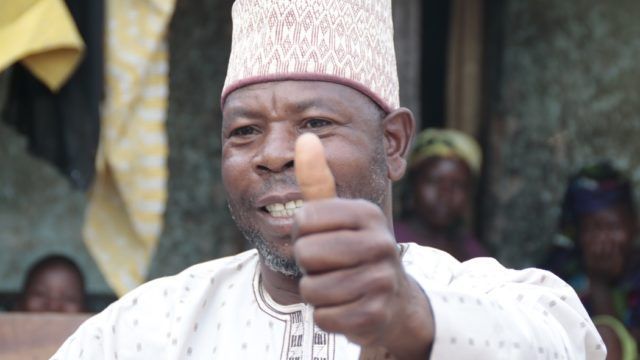Reading time:3 min read
Financial Inclusion In Rural Agrarian Communities
For people in urban areas involved in the formal sector of the economy, making and receiving payments is often an unthinking activity. Financial services offered them by their chosen commercial banks outfit them with options intended to help them access and settle financial needs in a variety of ways. This access to reliable payment systems puts people in the position to plan, promise and engage in activities that have the potential of making them upwardly mobile members of society. Financial inclusion defined by the Central Bank of Nigeria as a state where financial services are delivered by a range of providers, mostly the private sector, to reach everyone who could use them, therefore becomes a pathway to poverty alleviation, and economic development on a national level.
Financial Inclusion in Rural Communities in Nigeria
The story is a little different when we get to rural communities. Commercial banks have little to no presence in these communities leaving a bulk of the populace unbanked and financially excluded. Rural communities are often reliant singly on cash availability. Physical assets form the basis of their payments and savings, leaving them subject to risks like loss and robbery. Even worthy of further consideration is the fact that physical assets are unable to earn interest, and are susceptible to losing value over time. This effectively puts most rural dwellers in the informal sector.
Money is passed around by hand, and travels long distances with the help of expensive, insecure and inefficient systems. Emergencies come with steep consequences like an inability to gather enough resources or a reliance on moneylenders that charge incredibly high rates. Rural dwellers can also be stopped from accessing opportunities due to a lack of financial history records that cause formal institutions to deny them credit facilities.
In these ways, financial exclusion, defined as the inability of individuals, households or groups to access necessary financial services in an appropriate form, is incredibly expensive – contributing to the inability of a huge chunk of the populace to rise out of poverty and create better lives for themselves. According to a study published by the Enhancing Financial and Innovation Access (EFInA) group, 63.3% of Nigeria’s 99.6 million adult population live in rural areas. This significant portion of the population find it harder to utilize the most basic financial services, and often stay below the poverty line.
This is the lived experience of many of the farmers that we have encountered in our work in rural, agrarian communities. A vast majority of farmers in Northern Nigeria are unable to increase their productivity because they cannot access credits, quality agricultural inputs, extension services or even good storage facilities to keep their produce viable for longer periods after harvest. They also find it difficult to weather setbacks like poor harvest outcomes or serious illnesses.
Innovative technologies are creating new ways for more people to be financially included. Recent data is promising with CBN setting a 20% exclusion rate target for adults for the year 2020. AFEX is committed to being part of the solution. We are licensed as an aggregator within Nigeria’s financial inclusion ecosystem, which allows us to register farmers and issue BVNs, open bank accounts, and also facilitate transfers, receipt of cash and bills settlement.
See Also: AFEX Nigeria’s Hope for the New Year
